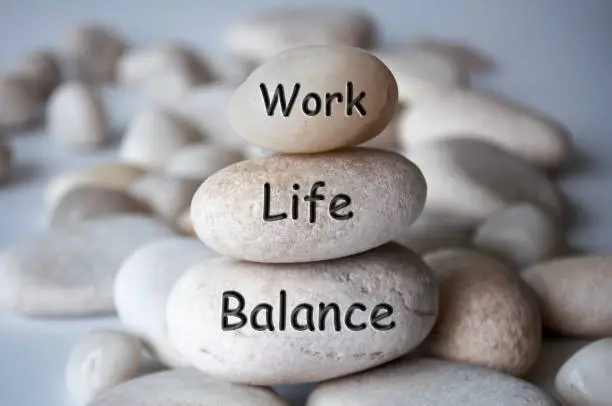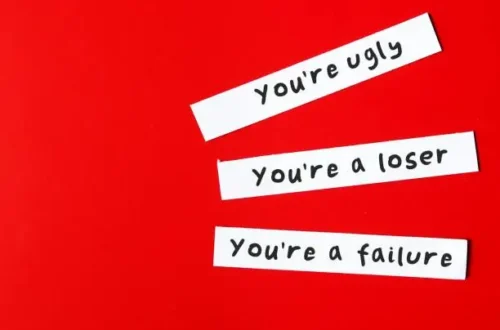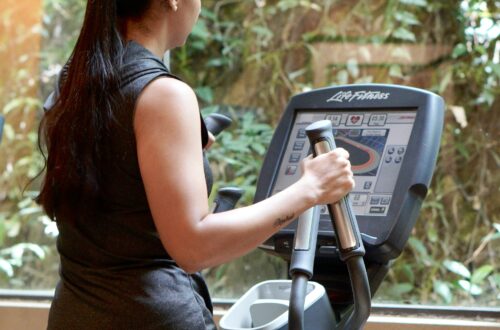Introduction: The Myth of “Having It All”
Let’s be real—trying to “have it all” often leaves us feeling like we have nothing left. Between emails, workouts, grocery runs, and some vague idea of “me-time,” it’s easy to feel stretched thinner than pizza dough in an Italian kitchen. But here’s the truth: balance isn’t about perfection—it’s about harmony.
Why Balance is Crucial in Today’s World
Impact of Hustle Culture
We’ve glamorized being busy. Hustle culture preaches that more hours = more success. But what’s the point of climbing the ladder if it’s leaning against the wrong wall?
Long-Term Consequences of Burnout
Skipping sleep and sacrificing weekends might feel productive, but eventually, burnout shows up like an unpaid bill—draining your energy, motivation, and sometimes your health.
Understanding the 4 Key Life Pillars
To balance life, you’ve got to first know what you’re balancing. Think of it like a table—you need all four legs steady.
Work & Career Goals
Sure, work pays the bills and fuels ambition. But if it’s taking over everything else? That’s a problem.
Health & Physical Wellness
Your body is your permanent home—treat it like prime real estate. Regular movement, sleep, and nourishment aren’t luxuries. They’re non-negotiables.
Personal Life & Relationships
What’s success without people to share it with? Family, friends, and meaningful connection bring depth and joy to life.
Personal Growth & Self-Development
Learning, evolving, and growing gives your life direction. Whether it’s reading a book, taking a course, or just learning from mistakes, it keeps your soul thriving.
Signs You’re Out of Balance
Physical and Emotional Burnout
Headaches, mood swings, fatigue? Those are warning flares, not things to “push through.” Your body’s talking—listen up.
Losing Touch with Your Passions
If you’ve forgotten what makes you smile outside of work… it’s time to recalibrate.
Time Management: The Bedrock of Balance
Prioritizing with the Eisenhower Matrix
Urgent vs. important—not everything that screams deserves your attention. Use this method to sort tasks like a boss.
Scheduling and Time-Blocking Techniques
Instead of “finding” time, make it. Block time for work, rest, workouts, even hobbies. If it’s not scheduled, it often doesn’t happen.
Creating Healthy Work-Life Boundaries
The Power of “No”
Saying no isn’t selfish—it’s smart energy management. You only have so much bandwidth.
Defining Office Hours (Even Remotely)
Remote work doesn’t mean always-on. Set hours. Set boundaries. Stick to them.
Investing in Your Health—Without Guilt
Exercise, Even in Small Doses
You don’t need an hour at the gym. 10 minutes of movement is better than none. Dance, stretch, walk—just move.
Nutrition for Energy, Not Just Weight
Think of food as fuel. Balanced meals = sharper focus, better moods, and stronger immunity.
Making Time for Self-Care & Mental Health
Morning & Night Rituals
Start and end your day with intention. A slow cup of tea, gratitude journaling, or a no-phone rule can change everything.
Therapy, Journaling, and Mindfulness
Mental health isn’t a bonus—it’s foundational. Apps like BetterHelp or journaling tools like Day One can help keep your inner world balanced.
The Role of Relationships in Balance
Nurturing Your Circle
Check in. Call your mom. Text a friend. Don’t let ambition replace connection.
Disconnecting to Reconnect
Sometimes, putting your phone down is the most radical thing you can do for your relationships.
Leveraging Technology Wisely
Apps That Help, Not Hurt
Use tech that supports balance—Notion, Headspace, MyFitnessPal.
Digital Detox for Mental Clarity
Screens off = brain on. A weekend digital detox can be a full system reboot.
Financial Wellness: A Hidden Stressor
Budgeting for Peace of Mind
Money stress quietly erodes mental space. A simple budget (hello, You Need a Budget) brings clarity and confidence.
Passive Income and Its Role in Balance
Side hustles or investments can create breathing room—money while you sleep = peace while you live.
Your Environment Shapes Your Energy
Creating a Calm, Clutter-Free Space
Your space affects your mind. Tidy desk = tidy thoughts.
Nature & Movement for Mindfulness
Fresh air is underrated medicine. Nature resets your nervous system faster than any to-do list app.
Small Habits That Lead to Big Results
The Power of 1% Daily Improvement
Atomic habits compound. Just get 1% better every day—that’s 37x better in a year. Seriously.
The Two-Minute Rule for Motivation
If it takes less than 2 minutes, do it now. Momentum is magic.
Balancing Doesn’t Mean Equal Time
Seasons of Life and Flexibility
Balance isn’t about equal hours. Some seasons are work-heavy, others relationship-focused—and that’s okay.
Learn to Recalibrate Often
Like a car out of alignment, life drifts. That’s normal. The key is noticing early and steering gently back.
How to Measure Balance (Yes, Really)
Journaling, Check-ins & Reflection
Ask yourself weekly: What felt off? What felt great? Adjust accordingly.
Feedback from Family and Friends
Sometimes others see your imbalance before you do. Ask them. Listen.
Conclusion: Balance is a Journey, Not a Destination
Let’s drop the illusion of perfect balance. It’s a dynamic dance—sometimes you lead, sometimes life does. But by staying self-aware, setting boundaries, and adjusting often, you can create a life that feels full—not frantic.
FAQs
1. How can I balance work and personal life if I have kids?
Set non-negotiable family times, delegate where possible, and let go of perfection. Flexibility is your best friend.
2. Is work-life balance even possible as an entrepreneur?
Yes—with intention. Use systems, delegate, and schedule everything (even rest).
3. Can self-care really make a difference in productivity?
Absolutely. Burned-out brains aren’t creative. Rest fuels results.
4. How often should I reevaluate my life balance?
Monthly check-ins work great. Some people journal weekly. The key? Make it a habit.
5. What’s the first step to better balance if I’m totally overwhelmed?
Start small. Pick one area—maybe sleep, or phone use—and improve it this week. Then build from there.





